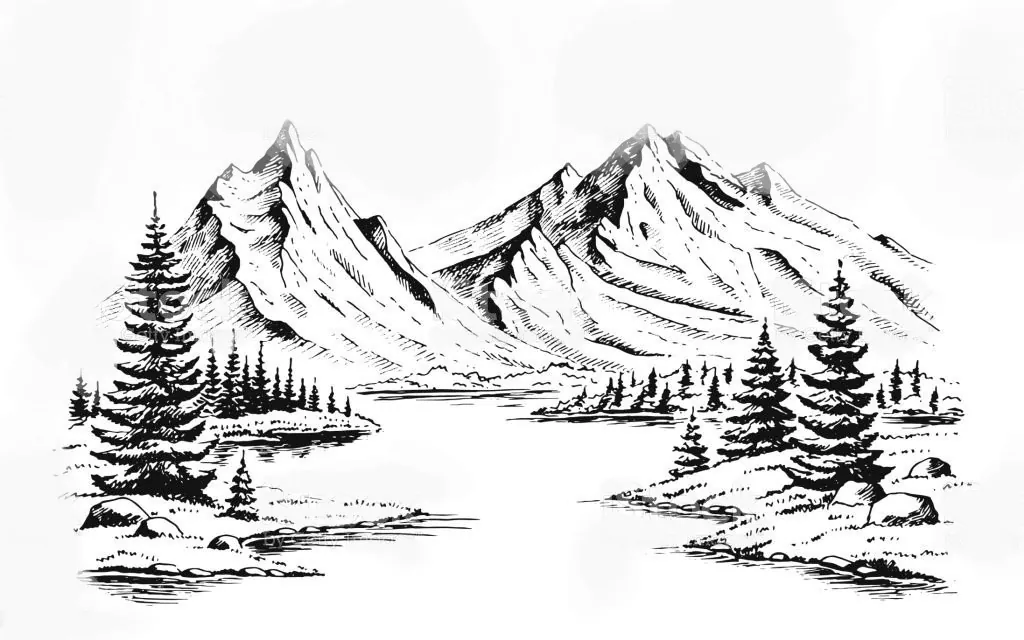Ethan
Quality assurance
No bio...
User ID: 2275
https://twitter.com/TheWorthyHouse/status/1599041437081161728
This tweet. Charles Haywood writes at a blog called theworthyhouse.com which is excellent for longform dissident content. He doesn't give attribution for the flea circus comparison, so I guess it's his idea. And he criticizes stuff like this often on his Twitter, including self-driving cars and the idea that robots will take our jobs. And I agree that a lot of our fears and hopes about these things are unfounded.
I've heard it described as a flea circus. If you want to be convinced, you will be. But look at GPT's output under the cold light of day and it's very clearly a kind of mush. There's no human texture to it, nothing idiosyncratic.
This lack of consistency from mainstream conservatism indicates a deeper philosophical problem with it. This cuts to the core of their neutered responses to easy divorce, gay "marriage," looser abortion stances, etc.. At bottom, neoconservatives have very liberal positions. This internal friction is caused by their implicit acceptance of the Enlightenment project's axiomatic positions, such as Mill's no-harm principle. Neoconservatives would generally not deny that all agents should be free, with minimal constraints on their behavior as long as all parties consent. They believe that absolute neutrality in the public sphere is an unmitigated good, and that "freedom" should be maximized -- to mean that we shouldn't enforce moral standards, even Christian ones, except by social means.
So when private businesses refuse service to customers not wearing a mask, the conservative can't object on any solid grounds. Unless they're willing to apply a similar standard to Christian bakeries refusing to service homosexual couples. Both are private companies and they can do what they want, under the liberal, egalitarian view. The best neoconservatives can hope for is a grassroots social change which effectively renders Christian morals the dominant position anyway, rendering the problem of enforcing this morality a non-issue.
You say you're not going to "suck it up and lie." But then why do you say one paragraph before "I'm not misgendering [my friend]" because "he's never formally asked me to change names or pronouns?" Would you capitulate to that request, if he were to make it? Wouldn't accepting such a request also be lying?
I'm rereading Christopher Columbus, Mariner by Samuel Eliot Morison. Morison is a mariner himself, and sailed the routes Columbus took on his four voyages to the Americas. Morison's experiences in seamanship give him insight where book-learning is likely to fail, such as in this anecdote, from just before the actual sighting of America:
At 10 P.M. ... Columbus and a seaman, almost simultaneously, thought they saw a light, "like a little wax candle rising and falling." Others saw it too, but most did not; and after a few minutes it disappeared. Volumes have been written to explain what this light was or might have been. To a seaman it requires no explanation. It was an illusion, created by overtense watchfulness. When uncertain of your exact position, and straining to make a night landfall, you are apt to see imaginary lights and flashes and to hear nonexistent bells and breakers.
Morison's characterization of Columbus, aided no doubt by their shared experience on the open water, is generally favorable. Columbus was guided by strong religious sentiment, ambition, and greed -- motivations shared in varying proportions by nearly every European explorer during the period of discovery following the Reconquista. Morison plainly discuss the sufferings inflicted on the American Indians. But unlike many modern retellings of this story he doesn't allow this to dampen the feelings of admiration toward Columbus' courage, nor to obscure the obvious fact of how immense and profitable Columbus' discovery was.
- Prev
- Next


I'm a nerdy guy looking to develop my action-taking side. Bookishness is nice and all, but the reserved temperament doesn't jive with my dreams to become an action-hero.
What actions did y'all take to become more risk-taking and less prone to analysis paralysis? Maybe something a bit more specific than "just take small risks and scale upward!" I'd venture a guess that certain hobbies and activities -- certain sports, handiwork, skilled trades -- develop the qualities of manly self-assurance more than others. Has anybody undertaken a similar path to self-improvement?
More options
Context Copy link